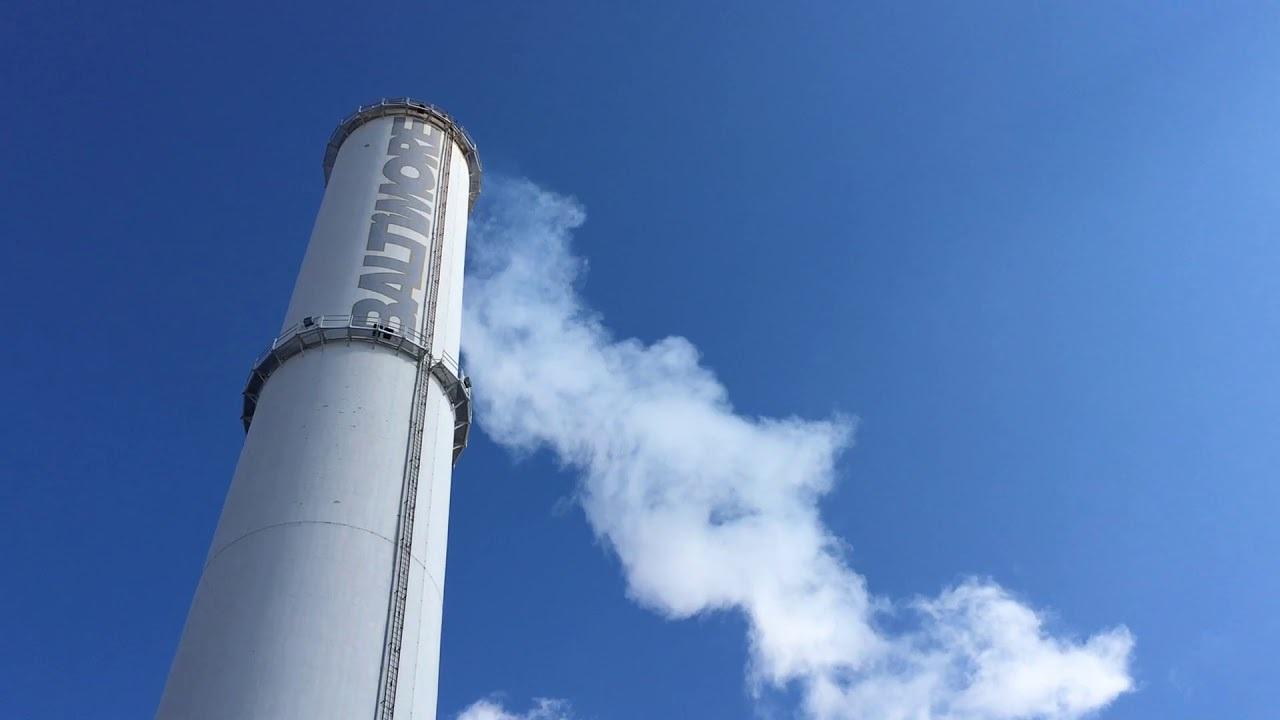
A $2.2 million grant will help launch a University of Maryland-led initiative to address the effects of environmental racism and climate change across the Mid-Atlantic region, providing financial and training support and advocating for policy changes.
The Mid-Atlantic Climate Action Hub (MATCH), will build connections across Washington, DC, Maryland, Virginia, Delaware and Pennsylvania, targeting communities that are disproportionately experiencing the negative effects of climate change because of historic disenfranchisement, coupled with proximity to environmental hazards and underlying social, economic and geographic vulnerabilities.
Funded by the Robert Wood Johnson Foundation, MATCH is led by the Center for Community Engagement, Environmental Justice and Health (CEEJH), directed by Professor Sacoby Wilson in the University of Maryland School of Public Health.
“Communities of color and low-wealth populations in the Mid-Atlantic are exposed to more traffic-related air pollution, emissions from incinerators and power plants, agricultural contaminants, landfills, brownfields and other toxic environments that harm health,” Dr. Wilson said. “But through MATCH, we are going to leverage resources that will help frontline and fenceline communities take action to address these injustices.”
Among MATCH’s organizing partners: The University of Maryland Environmental Finance Center (EFC); Namati, an environmental organization “dedicated to putting the power of law in the hands of people;” and the Mid-Atlantic Justice Coalition, which includes partners from Maryland, DC, Delaware and Virginia working at the intersection of economic and environmental justice.
“This is the first award in 30 years where we have been able to bring financial resources to a community and that is exciting for us,” EFC Director Jen Cotting said. “It can be really hard for the community members to invest time in a project if they don’t have the compensation, but this provides money to support the hub partners.”
Each hub partner will serve on the MATCH community advisory board and receive $100,000 over two years to support their work. An additional $200,000 will be available to the partners and their collaborators through a “mini grants” application process to support specific projects and capacity building.
Climate and environmental justice concerns don’t observe jurisdictional boundaries, but they share some common themes: the need to empower people with the tools to collect scientific data and evidence to support organizing for healthier communities, to share best practices to be effective in these struggles and the recognition that it will take a collective effort and regional approach.
Jerome Shabazz, head of the Overbrook Environmental Education center in West Philadelphia, describes the city as “one of the largest, poorest cities that is also among the oldest that suffers from aging infrastructure.” Their campaigns have helped people understand sources of lead exposure and taught safety measures to protect people from lead during construction and renovation projects.
He is optimistic that the hub will help his center to do more of what it already does well and that it has the potential “to create a whole new paradigm in which citizens feel empowered to get information that allows them to live a better life.”
In Delaware, which has a higher percentage of rivers and streams affected by pollution than any other state, communities are fighting back against the poultry industry whose operations are concentrated throughout the DelMarVa peninsula.
Maria Payan, a senior regional representative with the Socially Responsible Agriculture Project (SRAP), is leading an effort to challenge a proposed new facility that would convert chicken manure into “biogas,” a type of natural gas that contains mostly methane. The SRAP and its partners, Sentinels of Eastern Shore Health (SESH) and Sussex Health & Environmental Network (SHEN), have filed an environmental justice complaint against the state and county for violating Title VI of the Civil Rights Act of 1964. The plant, if approved, would bring nearly 200 truckloads of chicken waste per day through a residential area that is home to low income communities of color, many of whom are immigrants with limited English proficiency.
“We have corporations with too much power and influence,” Payan said. “In our state, as they say, poultry ‘rules the roost’. It is the elephant in the room. Because it is an economic driver, no one is allowed to say poultry in Delaware. But their impact is reflected in our water quality, cancer rates, and number of kids with developmental disabilities.”
Payan has high hopes for the difference the Mid-Atlantic Climate Action Hub could make. “Because of the economic drivers, we won’t get the research we need from the state. [MATCH] gives resources to communities to do independent real true science that is not being done by the industry. That is the missing link. We need that data.”
Other hub partners who will round out the MATCH community advisory board include Empower DC, South Baltimore Community Land Trust and Centro de Apoyo Familiar (Center for Assistance to Families) in Maryland and the Virginia Environmental Justice Collaborative.